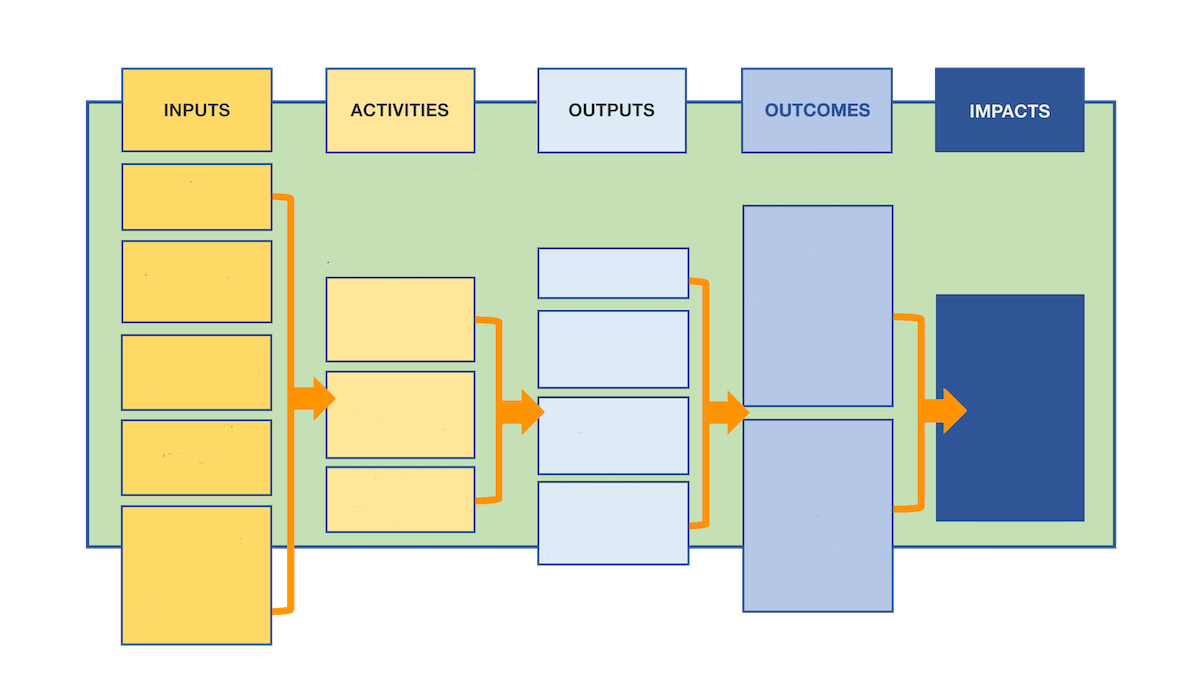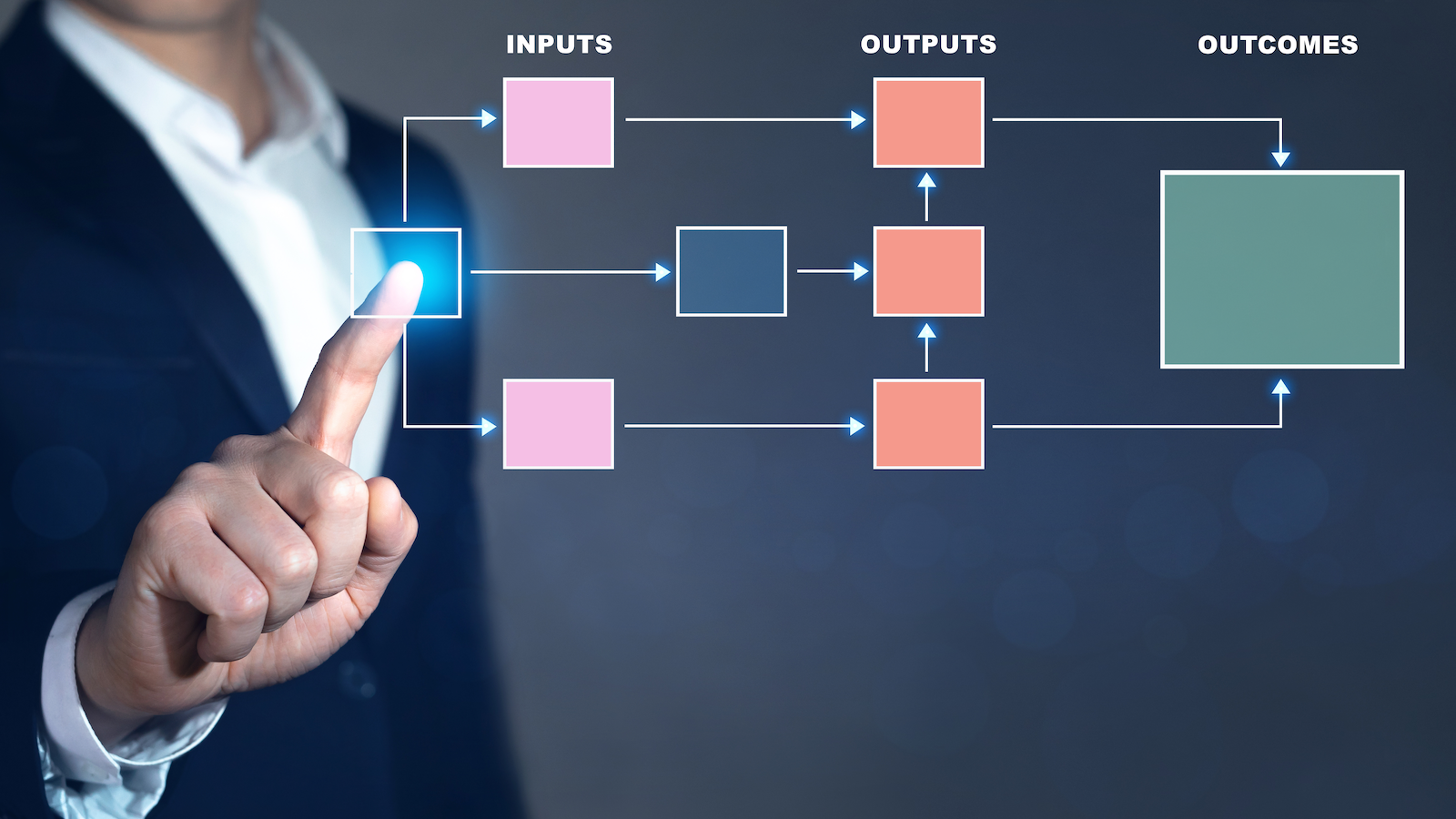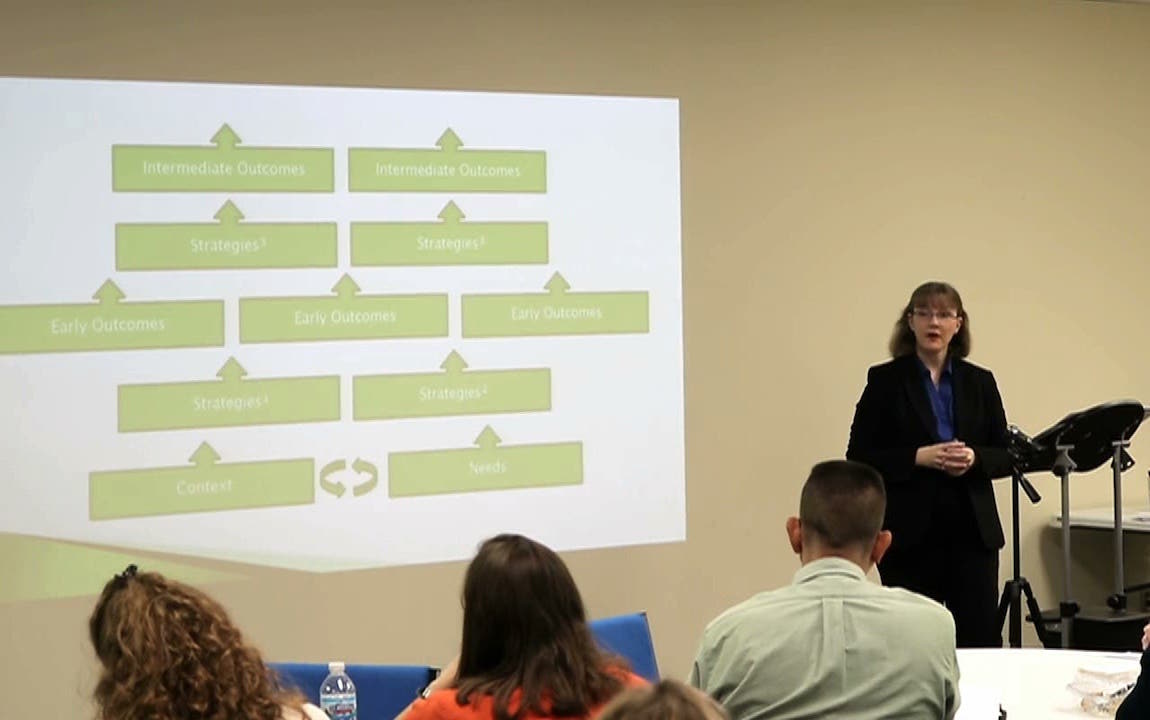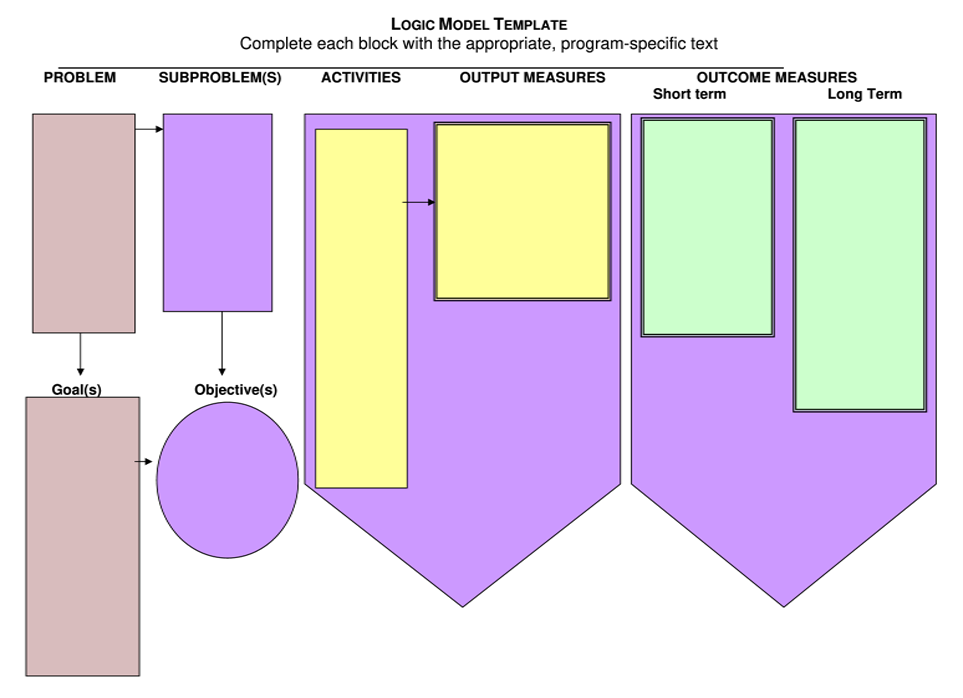30 Apr Grant Funding Basics: Evaluation and Logic Models
Evaluation and Logic Models Session 6 of the Grant Funding Basics Series Almost all grant funders ask what effect a program will have on the participants and how the organization knows of a program’s success. This session will teach the development professionals who write grants methods for defining...
15 Sep Grants 301: Logic Models and Theories of Change
Grants 301: Logic Models and Theories of Change Session 4 of the Grants 301 Series While traditional philanthropy focused on funding immediate needs and short-term goals, the practice of philanthropy is taking a turn towards social change. Funders desire to fund change, not charity. In this way, philanthropy...
02 Aug Grants 201: Logic Models for Program Planning
Grants 201: Logic Models for Program Planning Session 5 of the Grants 201 Series You don’t have to love them, but you do have to respect them because logic models are a dynamic tool for program planning, evaluation planning, monitoring, and coalition building. Many funders require them, and...
02 Aug LIVE WEBINAR: Grants 301 – Logic Models and Theories of Change
Grants 301: Logic Models and Theories of Change Session 4 of the Grants 301 Series While traditional philanthropy focused on funding immediate needs and short-term goals, the practice of philanthropy is taking a turn towards social change. Funders desire to fund change, not charity. In this way, philanthropy...
29 May LIVE WEBINAR: Grants 201 – Logic Models for Program Planning
Grants 201: Logic Models for Program Planning Session 5 of the Grants 201 Series You don’t have to love them, but you do have to respect them because logic models are a dynamic tool for program planning, evaluation planning, monitoring, and coalition building. Many funders require them, and...
30 Aug Grant Budgets Series
Grant budgets seem like they should be so simple, right? All you have to do is ask for what you need. Grant professionals know it isn't actually that simple, of course. In truth, grant budgets can be very complex with unique terms and phrases all...
26 Aug Logic Models Series
Do logic models make you nervous? We've got you covered with our on-demand Logic Models Series! We'll take it from the beginning and show you how to use them with Grant Funding Basics: Evaluation and Logic Models. If you know them and love them - or...
07 Jul Grants 301: Logic Models and Theories of Change
Grants 301: Logic Models and Theory of Change Session 4 of the Grants 301 Series While traditional philanthropy focused on funding immediate needs and short-term goals, the practice of philanthropy is taking a turn towards social change. Funders desire to fund change, not charity. In this way, philanthropy...
17 Jun Grants 101: Evaluation and Logic Models
Grants 101: Evaluation and Logic Models Session 6 of the Grants 101 Series Almost all grant funders ask what effect a program will have on the participants and how the organization knows of a program’s success. This session will teach the development professionals who write grants methods for...
- 1
- 2






